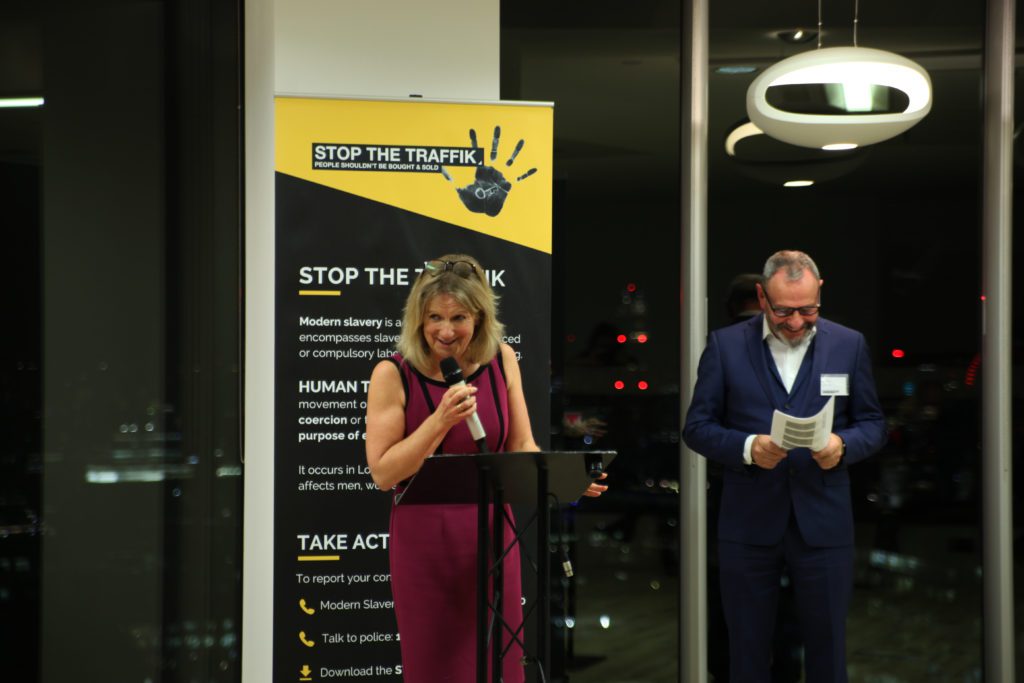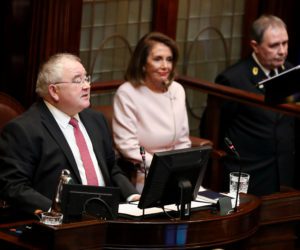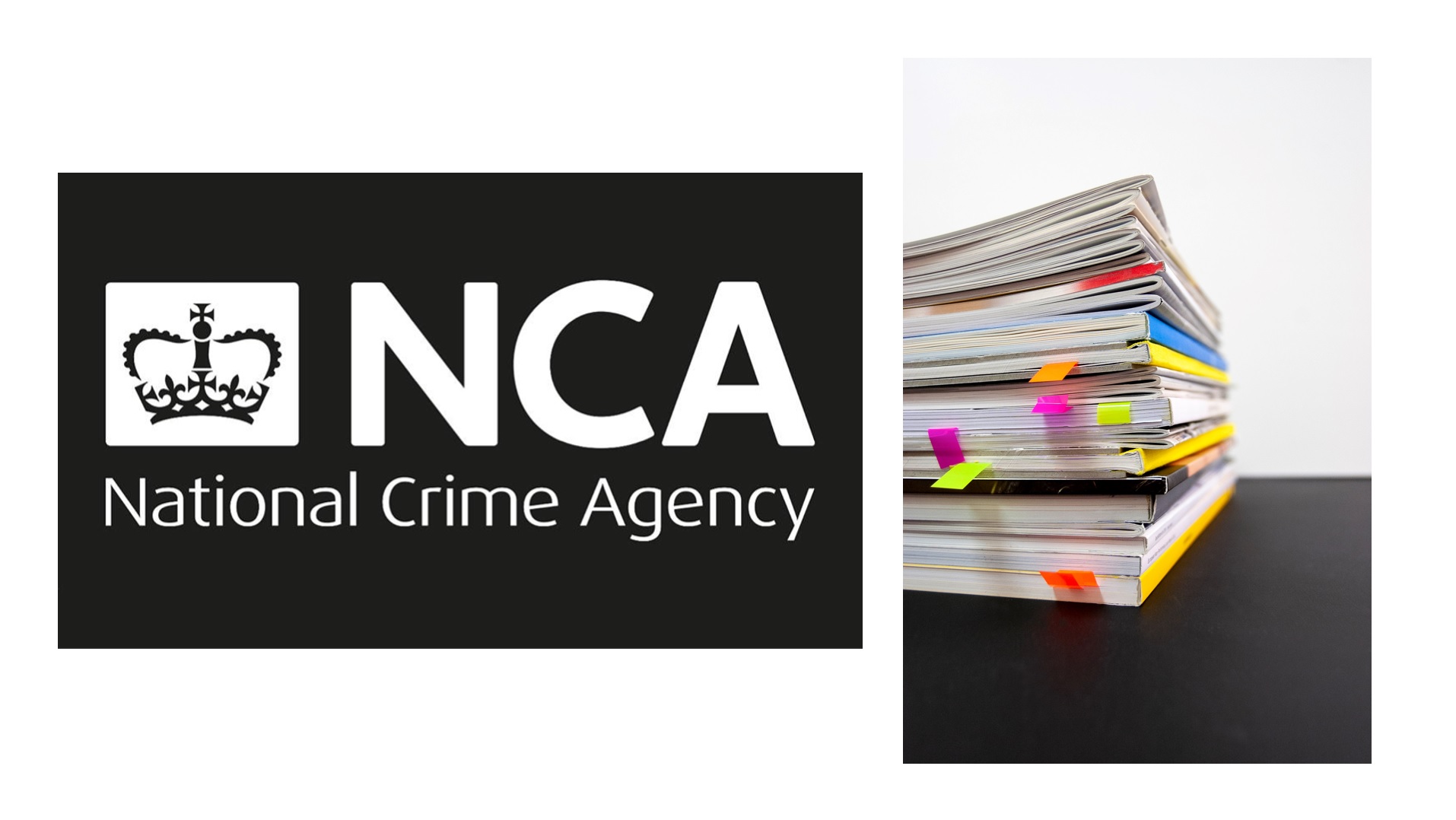By Elizabeth Hearst for AMLi
It’s estimated that over 40 Million people across the world are victims of human trafficking. Their lives are controlled and exploited, often living in fear. Of those individuals, it’s believed that 24.9 Million are exploited for labour and 15.4 Million forced into marriage.
I spoke to the CEO of STOP THE TRAFFIK, Ruth Dearnley OBE and Pekka Dare, Vice President of the International Compliance Association about their partnership to highlight the plight of victims of human trafficking and financial crime.
Dearnley joined STOP THE TRAFFIK in 2005, when “human trafficking was not on the agenda”. She wanted to set up a charity and drive “strong awareness in the community” about the true scale of human trafficking.
She recalls sitting in the back garden with a friend on a Summer’s evening, and discussing its extent across the world. However, fast forward fifteen years and “the issue is still growing”.
She asks, “how can we measure and turn the tide on human trafficking? How can we show and understand how the system works and how can we disrupt it?”
“We need to understand this is an ecology and not a silo”, Dearnley added.
Last year, STOP THE TRAFFIK and IBM launched their innovative Traffik Analysis Hub (TAHub), which aims to facilitate information sharing about human trafficking across industries and sectors. The Hub allows financial institutions, law enforcement and government agencies to share critical information on human trafficking.
Multiple data sets are overlaid with public data, combining to form a “virtual community of intelligence on where trafficked victims come from, how they get where they are and in which regions and industries they are most likely to end up working”.
This hub allows financial institutions to “use new information to identify where people are financially benefiting” from human trafficking, and then “design processes that make it more risky for them to do so”.
Following on from its success, STOP THE TRAFFIK has partnered with the International Compliance Association (ICA) to highlight the plight of those affected by human trafficking and its relationship with money laundering and financial crime.

When asked about the project, Dearnley emphasised “we can’t do this without collaboration and building new trusted relationships”. She added that “we need to globally share information”, because then we “can build a rich picture” of human trafficking.
ICA Vice President, Pekka Dare echoed this statement, and emphasised that the “ICA’s role is to raise standards”, by “promoting ethical standards and compliance”. He added that the ICA was unique owing to its relationship with “different industries”, including those in the financial sector, law and gaming.
This partnership “felt like a natural fit”, according to Dare who said the ICA wanted to “form an alliance” with STOP THE TRAFFIK and “help them get their message across” to their members.
A speech given by Dearnley and her colleague to the ICA, spurred them into action. “This was the light bulb moment”, said Dare, who added that the body wanted to “help get the message out and promote new initiatives” to those in the financial crime sector.
When asked about the main goals of this partnership, Dare said it was “about increasing collaboration across different sectors” and that by “using an intelligence led approach”, the more that FinCrime professionals can do to prevent human trafficking,adding that “if we understand what trafficking looks like in person, we can help prevent it”.
Despite publications estimating the cost of human trafficking as roughly $150 Billion, Dearnley believes this is “only the tip of the iceberg”, adding that the industry’s scope “far exceeds anything they had thought”. Through recent innovation and the Traffik Analysis Hub, there is a “new understanding of data”, and how we interpret it.
A symbiotic relationship is needed, driven by intelligence and data but also interpreted by humans, if we are to be effective. Dearnley added that “change only comes when people take action”, but stressed that “everyone can” do so, by downloading the STOP app and reporting if “something doesn’t feel right”.
When asked if many finance professions are unaware of the link between money laundering and human trafficking, Dare mused, “why do traffickers do what they do? To make money”. He added that “huge amounts of money has to go somewhere, we need to understand where it goes, and this is why money flows are critical”.
Will this initiative help bring awareness to this issue? Both think so. Dearnley stressed that “we need to uncover what is really going on”, but said that we “cannot do it in the next 10 years”, because “this is urgent”.
Information sharing is crucial if we are to tackle the dark side of money laundering, with Dearnley adding that we “need to share survivors stories”, as these are “powerful bullets” and “need to be amplified” to the public.
When asked what more can be done by those in the financial sector to tackle human trafficking, Dare believes that professions need to know “what to look for”, as currently we “aren’t detecting enough, monitoring data and sharing information appropriately”.
He suggests that the FinCEN Red Flag Guidance be “woven into client onboarding and risk assessment”, but said that employees need to know what the red flags are, how to “regulate and report suspicious activities” and know how to deal with it.
“If there are red flags, employees need to understand customer activities, shell companies, trading history ties, source of funds and employment history”, and should take action. He emphasises that we need to conduct “enhanced due diligence and a risk-based approach” if we are serious about stopping human trafficking.
Share this on:
Follow us on:








